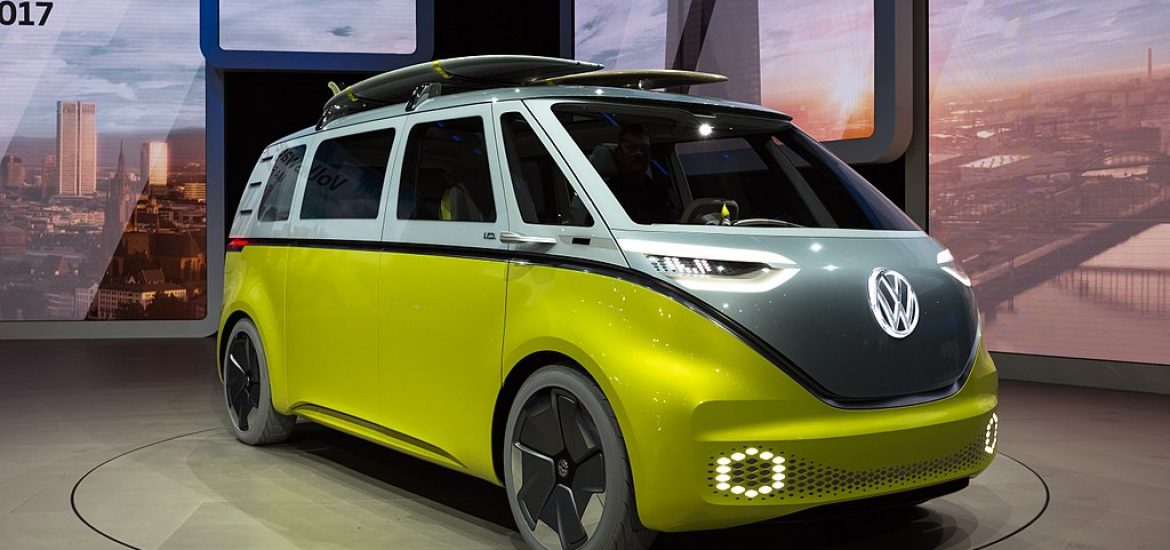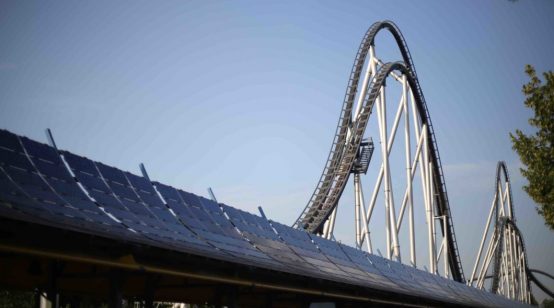
Volkswagen’s CEO Herbert Diess says the German car giant is increasing by 50 per cent the number of electric vehicles it plans to produce over the next 10 years.
In an unfortunate fossil-fuel based analogy, he likened Volkswagen to a “supertanker…picking up speed”.
The firm’s target is to build 22 million battery electric vehicles (BEVs) in the next 10 years. The previous target was 15 million, Diess said.
Volkswagen’s North American CEO Scott Keogh said 2022 would be the “sweet spot” on the electric vehicle (EV) market when there would be enough EVs available to become mainstream.
“Profitability, let’s make no mistake, comes from scale. In my mind this is an opportunity to take the scale of the group with the [EV] platform and be one of the first to push aggressively into the volume side,” Keogh told the media.
“With electric cars, we can have the scale compared to many of our competitors in the US on the internal combustion engine front. When you start talking about 10s of millions of cars on the platform, you can get the pricing into a good place. But if you ask me the more important thing is not on the profitability side but on the revenue side. Can we get enough people to buy the cars?”
But current profit margins on electrified vehicles are significantly lower than on conventionally powered products with many all-electric models sold at a loss, industry watchers say.
In an attempt to change this, an essential element of making a new product or technology sell successfully was market introduction timing, the US-based VW boss said.
“When I look at market research in the US, it started with ‘I don’t know what an electric car is’, then it migrated to ‘I know EVs but I’m never going to buy one’, then it went to that interesting place of ‘they’re kind of cool but they’re for someone else’. Now, it’s moved into ‘I’m going to take a look at one for my next car’. Make no mistake, timing is certainly a part of that.”
The Nissan Leaf, Chevrolet Bolt and other competitively priced models have convinced drivers to take notice of EVs.
Keogh continued: “Electric conversation is everywhere right now. People are seeing more and more electric cars. They’re interacting with more people who drive electric cars. And what drives the automotive business is seeing cars on the road, leading to word of mouth, which leads to ‘OK, I’m going to give this thing a shot’.”
The Volkswagen ID. Picture credit: Wikimedia





